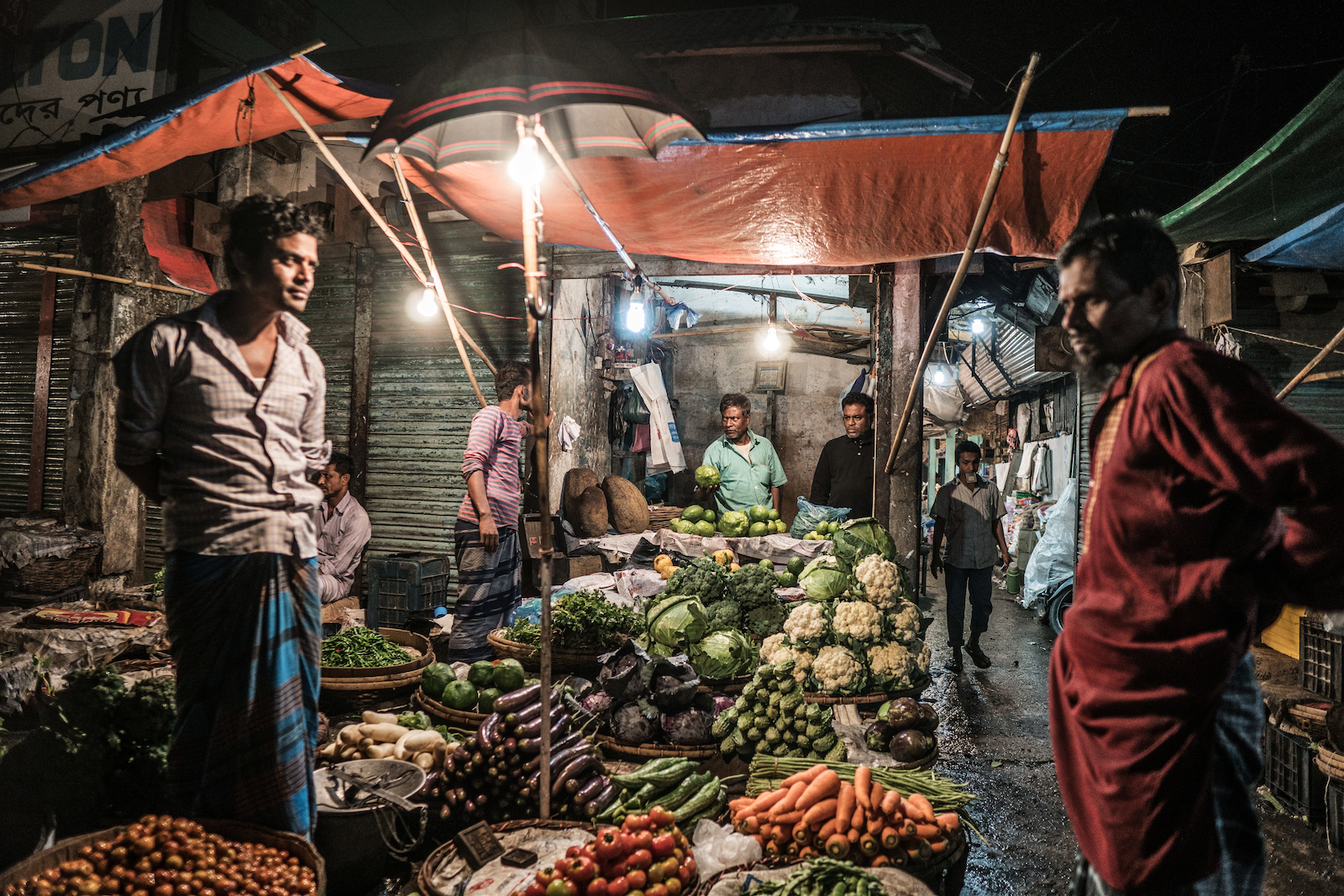
Informality is Keeping Millions of People Poor
At first glance, last week’s IMF-World Bank Spring Meetings in Washington, D.C. appeared to speak directly to the major challenges facing our global economy – poverty eradication, energy subsidy reforms, and the effectiveness of aid in tackling natural disasters.
Yet, as a former policymaker and World Bank economist, it is all too apparent there is a glaring gap. There is a foundational challenge to the global economy that continues to be ignored – both at the level of domestic governments and in the multilateral sphere.
That challenge is informality. Widely known yet continually overlooked, it is a form of systemic disempowerment where governments unintentionally create or sustain an ecosystem of uncertainty. In other words, people operate in unpredictability and get swallowed up in the administrative process when it comes to proving their rights, employment, ownership of their home, or accessing justice and security.
Informality means that people can live in their homes, but they cannot sell these homes and relocate formally. They can earn a wage, but they have difficulty saving this undeclared income in credible financial institutions or raising capital against their assets in order to invest in bettering their lives or businesses. They can pay taxes, but often cannot access the social safety net presented by the welfare state – which creates a vicious cycle.
Two out of every three people in the world exist within this ecosystem of perpetual vulnerability – that is 70% of the global population. Where formal bureaucratic procedures fall short, some combination of their property, identity, and contract rights are ambiguous and not formally recognised by their governments. This creates uncertainty, and an inability to prove who you are, what you own, and what you are owed.
Informality is not just a technicality – it is a corrosive societal disease which undermines the very fabric of our society. Without what is known in institutional economics as ‘property rights’ – where property, identity, and ownership rights are easily recognized by one’s government, and therefore easy to prove and enforce – people are stripped of their personal sovereignty.
This situation stifles normal life as we know it, including entrepreneurial endeavours, and individual liberties. It perpetuates a cycle of marginalisation and disempowerment, to the extent that it strips people of their dignity, makes them invisible, and even dehumanises them.
Informality casts a long shadow over entire countries. This is as true in the Global North as it is in the Global South. Indeed, over the course of my research, I have sought to examine how this phenomenon touches countries in the West, where these ecosystems are as prevalent as anywhere.
To some extent, it is ignored because it hides in plain sight, yet its repercussions are far-reaching. Its invisible impact corrodes the economy’s potential, stifles creativity and innovation, and holds society back. Everyone loses from this messy, corrosive system.
This is a fundamental issue, one that negatively impacts the entirety of society – that is to say, it is the 30% who also are under threat from informality, not just the 70%. It does not discriminate by education or wealth – while it affects the developing world more than the developed, it is still prevalent in every country. This issue is relevant to us all.
So, what can we do to address this issue? Is there a solution? I believe that there is. My work, indeed, has proved that there is.
I have seen first-hand that transformation is possible. Throughout my career, in countries like Peru, Bulgaria, and Chile, including in my time with the IMF-World Bank team, I have seen that with committed leadership and deliberate policymaking, the ecosystem of informality can be dismantled, in such a way that transforms the livelihoods of millions and changes the trajectory of a nation. My work in Latin America led to the restructuring of the complex institutional systems that create ‘formalised’ property rights, significantly improving the lives of 30 million people, with over 17 million in Peru alone.
Leaders need to realise that the static economic policy models that are prevalent under the status quo inherited from the Bretton Woods system are simply not enough.
Inspired by my experiences and deep study of this social phenomenon, the approach I have applied and pioneered, called the Panaritis Reality Check, is based on a dynamic, adaptive method which closely examines the evolution of rights and social norms so as to diagnose the root causes of economic stagnation and informality. It cuts through institutional barriers and provides immediate solutions to complex structural issues which lead to confusion and hamper progress.
The Panaritis Reality Check overhauls the broken bureaucracies that disempower the world’s silent majority and institutes new, more flexible systems which recognize the true nature of what it means to occupy an ecosystem of informality – setting out a path to prosperity to those who were previously denied it. While its successful application in Latin America speaks for itself, it is yet to be taken up in other countries around the world.
Eradicating informality cannot be achieved without visionary leadership. Without a relentless commitment to overhauling the status quo in spite of the desires of vested interests, real change is not possible.
I urge the experts attending the IMF-World Bank meetings and other multilateral to rise to this challenge and work collectively to create a transformational vision. Sometimes, this means flying in the face of the status quo, rejecting the traditional systems that are no longer fit for purpose. But I am confident that together, we can make a transformative impact.
